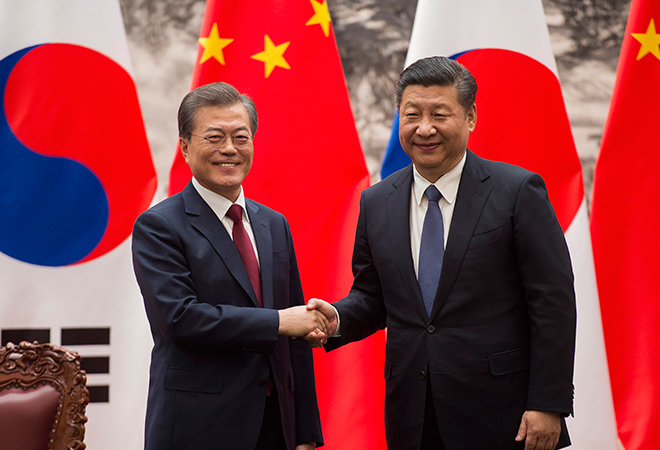This blog post is going to be focused around a recent article
I read on The Economist titled, “Employee happiness and business success are
linked”. This addressed a fascinating topic, and one that was discussed several
times in many of my economic courses. The idea behind this is clearly stated
and that is: businesses do better and ultimately make more money when their
staff is happier. If you think about it, this makes a lot of sense. Employees
are the backbone of any company. If someone’s employees are not treated well,
it could lead to disrespect, slacking off, violating company rules, and more.
Therefore, it is crucial for employees to be happy working to succeed.
I can speak from personal experience and say that at all the
jobs I have held, when my boss gives me the freedom to make my own decisions
and is respectful and kind, I have been much more inclined to put my best
effort forth and do everything correctly because I respected and enjoyed
working for my employer. This just simply makes sense.
In the previously mentioned article, it discusses a study
done by Christian Krekel, George Ward and Jan-Emmanuel de Neve. The authors
used Gallup and studied nearly 1.9m employees across 230 separate organizations
in 73 countries. The variables they studied were: customer loyalty, employee
productivity, profitability and staff turnover. They ended up concluding that
there was a positive correlation between employee satisfaction and customer
loyalty, which shows that when employees are happy, customers return. It also
found a negative correlation between employee satisfaction and staff turnover,
which of course means that when employees are more satisfied, they are less
likely to leave their jobs. This saves money and time for employers as they
will not have to hire and retrain new employees frequently.
The article then referenced the Human Relations Theory. This
theory, in summary, says that higher employee satisfaction leads to higher
productivity. In the end, high productivity is what every company strives for.
It leads to more efficiency in a company and ultimately, more money. Therefore,
I agree with the ideas in this article that treating employees well is
extremely beneficial to success. Like previously stated and as most people
could agree, working for a respectful company pushes you to work to the best of
your ability.
Source:
Employee
Happiness and Business Success Are Linked. 2019. The Economist, The Economist Newspaper,
www.economist.com/business/2019/07/28/employee-happiness-and-business-success-are-linked.


